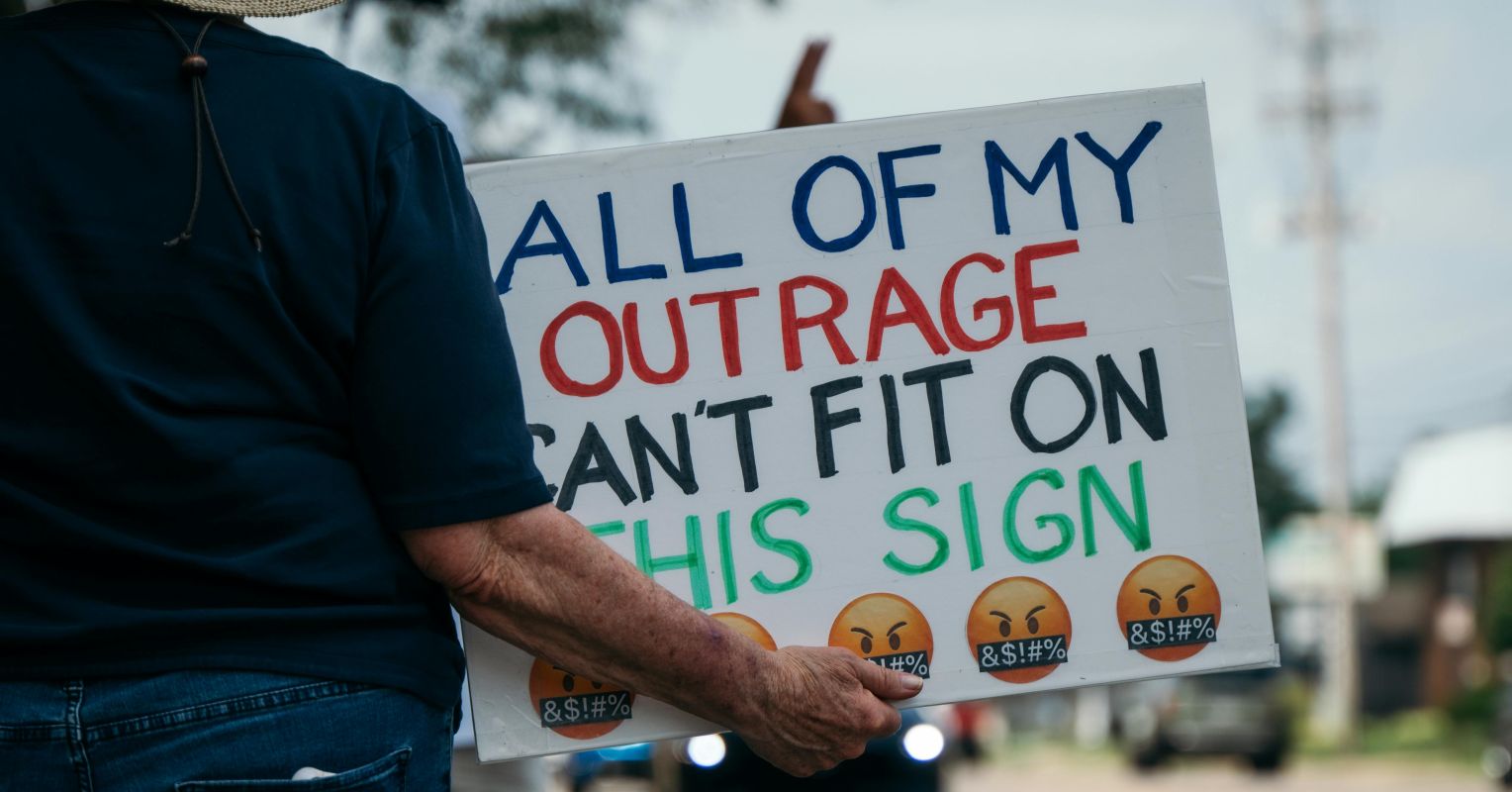
"Intense emotions sometimes cause disengagement, not effective action. The best predictor of action for social change isn't emotion but visible involvement of other people. Happiness, purpose, and creative thinking fuel engagement for effective social change. Many have heard the phrase, "If you're not angry, you're not paying attention." Across the political spectrum, outrage is often used to encourage action on any number of social issues."
"One paper explored what people did when shown distressing images. The researchers found that when pictures were negative but not too intense, people tended to reappraise the image-to think about what they were seeing differently. But as the images got more intense, people often just disengaged completely. In other words, feeling intense emotions may not cause effective actions to counter a problem, it could promote disengagement."
"Other research has identified that when feeling distress, many aren't motivated to fully address its causes. Instead, they may do just enough so that theirfeeling of distress is temporarily alleviated. An example might be feeling anxious about climate change and deciding to start recycling more conscientiously. This is what's called single-action bias -taking an action (recycling) that couldn't possibly address the problem or source of distress (climate change), but that can help in temporarily feeling calmer."
Intense negative emotions such as anger, distress or despair can lead to disengagement rather than meaningful action. When distressing images are moderately negative, people reappraise them, but very intense images often prompt withdrawal. High exposure to negative news after traumatic events raises the risk of acute stress. Feelings of distress frequently motivate limited, symbolic responses that temporarily reduce discomfort, an effect known as single-action bias. Small actions like increased recycling can soothe anxiety without addressing systemic causes. Network patterns and visible involvement of others, plus happiness, purpose, and creative thinking, more strongly predict sustained engagement for social change.
Read at Psychology Today
Unable to calculate read time
Collection
[
|
...
]